Sweating on the neck and face of women may be related to endocrine disorders, emotional fluctuations, local hyperhidrosis, hyperthyroidism, menopausal syndrome, and other factors. Excessive sweating can be improved through lifestyle adjustments, medication, physical therapy, and other methods.
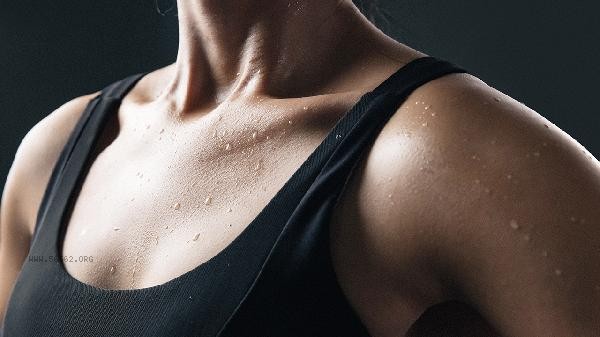
1. Endocrine disorders
Fluctuations in female hormone levels can easily lead to abnormal sweat gland secretion, commonly seen during menstrual cycle disorders or while taking contraceptive pills. It is recommended to maintain a regular daily routine and avoid high sugar and high-fat diets. If necessary, seek medical attention to check the six hormones.
2. Emotional fluctuations
Anxiety and tension can stimulate sympathetic nervous system excitation, leading to compensatory sweating in the face and neck. Stress can be relieved by deep breathing through meditation, and in severe cases, drugs that regulate autonomic nervous system function such as Gu Wei Su tablets can be used.
3. Localized hyperhidrosis
Primary hyperhidrosis patients have overactive sweat glands in specific areas, which are related to genetic factors. External application of aluminum chloride solution can temporarily inhibit sweat secretion, and in severe cases, botulinum toxin injection therapy may be considered.

4. Hyperthyroidism
Hyperthyroidism patients often experience accelerated metabolism accompanied by hyperhidrosis symptoms, which may be accompanied by palpitations and hand tremors. Thyroid function needs to be tested, and methimazole tablets are commonly used to control hormone secretion, combined with propranolol to alleviate symptoms.
5. Menopausal syndrome [SEP]: Decreased estrogen levels lead to vascular dysfunction, with hot flashes and sweating being typical manifestations. Plant estrogens such as soy isoflavones can be supplemented, and in severe cases, hormone replacement therapy should be performed under the guidance of a doctor.
It is recommended to choose cotton and linen clothing to enhance breathability in daily life, and to dry sweat promptly after exercise to avoid skin irritation. Reduce the intake of spicy foods in diet and supplement with appropriate amounts of vitamin B and calcium. If accompanied by sudden weight loss or persistent palpitations, it is necessary to seek medical attention at the endocrinology department as soon as possible to investigate pathological factors. When night sweats are severe, a moisture absorbing mattress can be used to maintain a bedroom temperature of around 24 degrees Celsius.


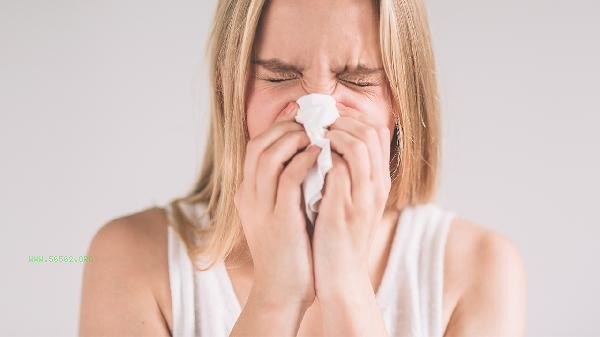

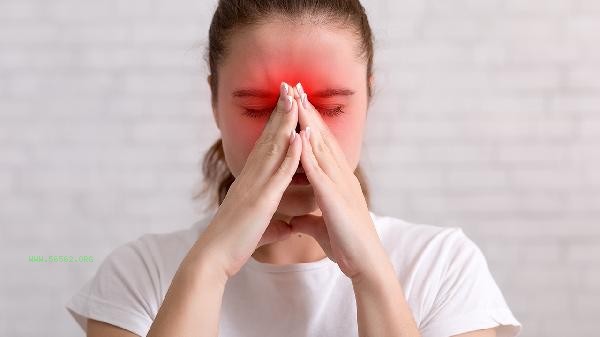
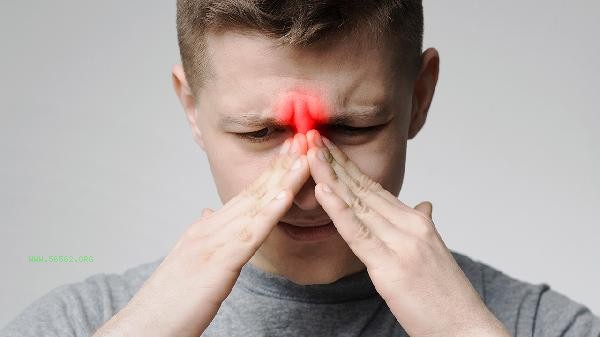
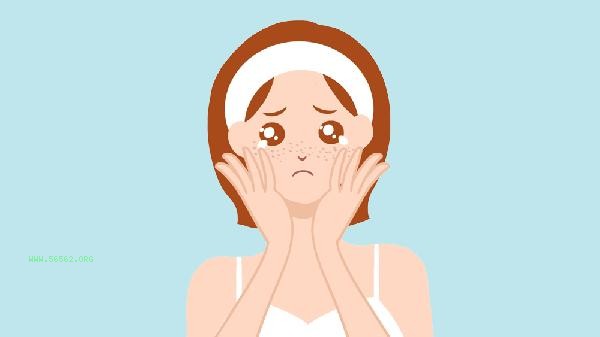



Comments (0)
Leave a Comment
No comments yet
Be the first to share your thoughts!